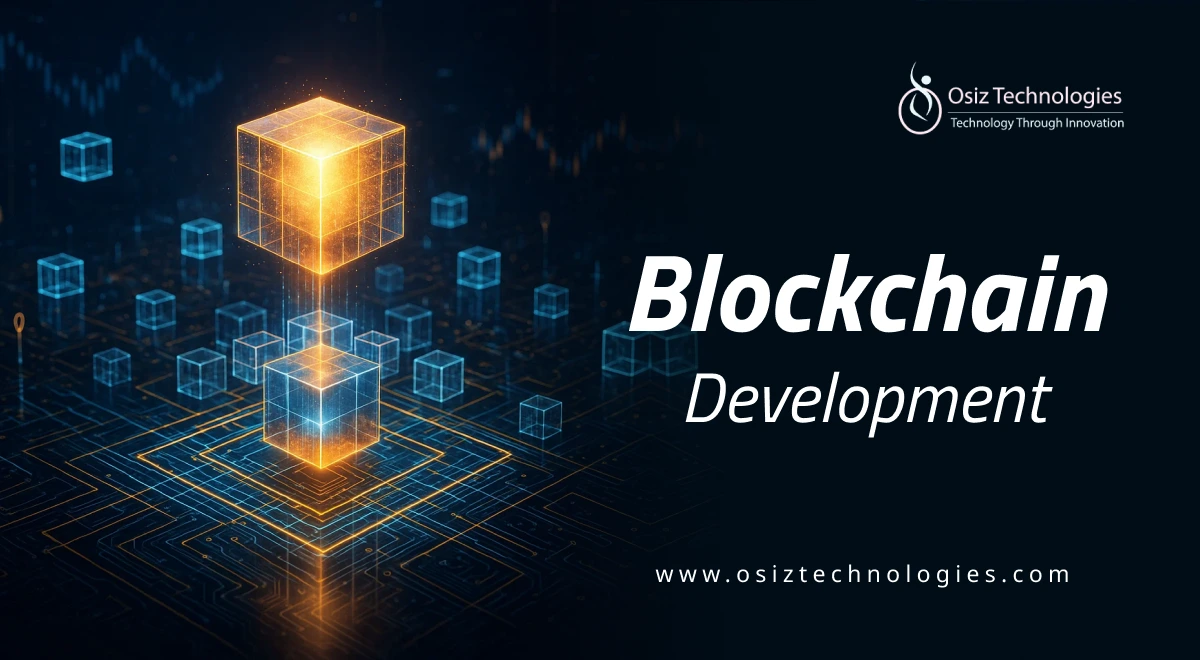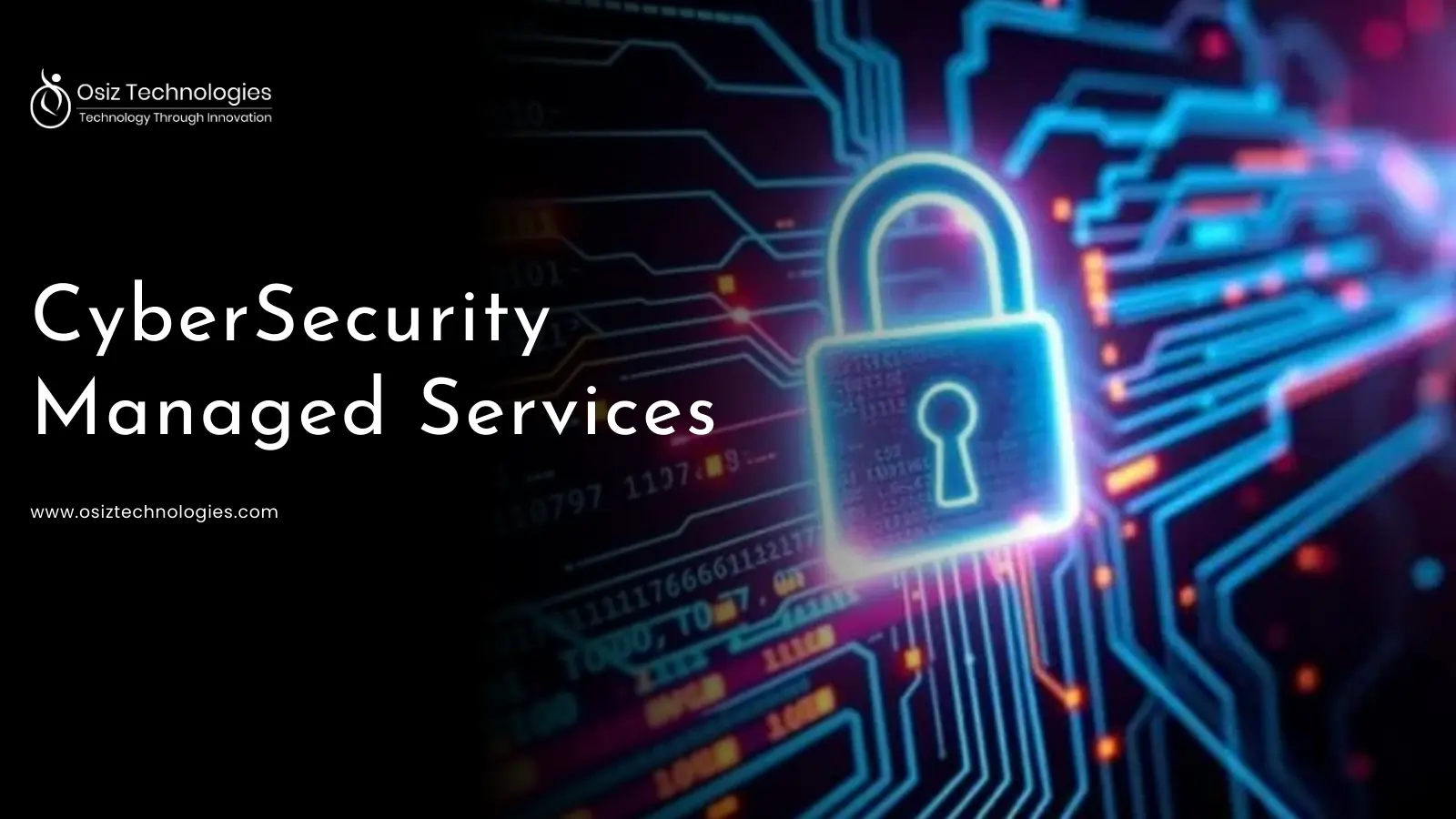Smart contract development is a transformative process that involves creating self-executing contracts with the terms of the agreement directly written into code. These contracts run on blockchain platforms, enabling automated transactions that are secure, transparent, and irreversible. As the digital landscape evolves, understanding smart contracts becomes increasingly crucial for businesses looking to leverage blockchain technology.
Understanding Smart Contracts
At its core, a smart contract is a computer program that automatically controls the transfer of digital assets between parties under predefined conditions. They are designed to facilitate, verify, or enforce the negotiation or performance of a contract. Popular platforms for smart contract development include Ethereum, Solana, and Hyperledger, each offering unique features and capabilities.
The Mechanics of Smart Contracts
Smart contracts operate on a simple principle: when the conditions coded into the contract are met, the contract executes automatically. This self-executing nature eliminates the need for intermediaries, reducing costs and increasing efficiency. For instance, in a real estate transaction, a smart contract can automatically transfer ownership of a property once payment is confirmed.
The Development Process
Smart contract development involves several key stages:
- Requirement Analysis: Understanding the needs and goals of the project.
- Architecture Design: Creating a blueprint for the smart contract, including defining its structure and components.
- Implementation: Writing the code, often using programming languages like Solidity for Ethereum.
- Testing: Conducting rigorous tests to ensure the contract functions as intended.
- Deployment: Launching the smart contract on the chosen blockchain platform.
- Monitoring: Continuously overseeing the contract's performance and security.
Key Programming Languages
Solidity is the most widely used programming language for developing Ethereum smart contracts. It is designed for creating contracts that run on the Ethereum Virtual Machine (EVM). Other languages include Vyper, which emphasizes security, and Rust, used for developing on platforms like Solana.
Why Choose Solidity?
Solidity offers several advantages, including a robust community, extensive documentation, and compatibility with various tools and frameworks. Its syntax is similar to JavaScript, making it accessible for developers familiar with web technologies.
Smart Contract Security
Security is a paramount concern in smart contract development. Vulnerabilities in the code can lead to significant financial losses. Conducting a smart contract audit is essential to identify potential risks and ensure the contract is secure before deployment. This process involves reviewing the code for flaws, testing for vulnerabilities, and verifying that the contract behaves as expected.
Common Vulnerabilities
Some common vulnerabilities include:
- Reentrancy: A flaw that allows an attacker to repeatedly call a function before the previous execution completes.
- Integer Overflow/Underflow: Issues that occur when arithmetic operations exceed the maximum or minimum limit of a data type.
- Gas Limit and Loops: Contracts that require excessive gas can fail to execute, leading to potential losses.
Testing Smart Contracts
Testing is a critical phase in smart contract development. It involves simulating various scenarios to ensure the contract behaves as expected. Developers often use frameworks like Truffle or Hardhat for testing, which provide tools to write and execute tests efficiently.
Types of Tests
Common testing types include:
- Unit Testing: Testing individual components of the contract.
- Integration Testing: Ensuring that different parts of the contract work together seamlessly.
- End-to-End Testing: Simulating real-world scenarios to validate the entire contract flow.
Smart Contract Architecture
The architecture of a smart contract defines its structure and components. A well-designed architecture is essential for scalability, maintainability, and security. Key components include:
- State Variables: Variables that store data on the blockchain.
- Functions: Code that defines the behavior of the contract.
- Modifiers: Conditions that must be met for functions to execute.
Best Practices for Architecture
To ensure robust smart contract architecture, consider the following best practices:
- Keep the code simple and modular.
- Use established design patterns.
- Document the code thoroughly.
Decentralized Automation
Smart contracts enable decentralized automation, allowing transactions and agreements to occur without human intervention. This feature is particularly beneficial in industries such as finance, supply chain, and healthcare, where trust and transparency are paramount.
Use Cases of Decentralized Automation
Examples of decentralized automation include:
- Financial Services: Automating loan agreements and insurance claims.
- Supply Chain Management: Tracking products from origin to destination.
- Healthcare: Managing patient records and consent forms.
Popular Smart Contract Platforms
Several blockchain platforms support smart contract development, each with unique features:
- Ethereum: The most popular platform, known for its extensive developer community and robust tooling.
- Hyperledger: A permissioned blockchain framework ideal for enterprise solutions.
- Solana: Known for its high throughput and low transaction costs.
Choosing the Right Platform
When selecting a smart contract platform, consider factors such as scalability, transaction costs, and community support. Each platform has its strengths, making it essential to align your project goals with the platform's capabilities.
The Future of Smart Contracts
The future of smart contract development looks promising, with advancements in technology and increasing adoption across industries. As businesses continue to explore blockchain solutions, the demand for skilled developers will rise. Staying updated with the latest trends and best practices is crucial for anyone looking to enter this field.
Conclusion
Smart contract development is a vital aspect of the blockchain ecosystem, enabling secure, automated transactions that can revolutionize various industries. By understanding the intricacies of smart contracts, businesses can harness their potential to create efficient and transparent solutions. If you're looking to explore smart contract development further or need assistance with your blockchain projects, connect with us at Osiz Technologies
Listen To The Article
Recent Blogs

Avail
30% Off












